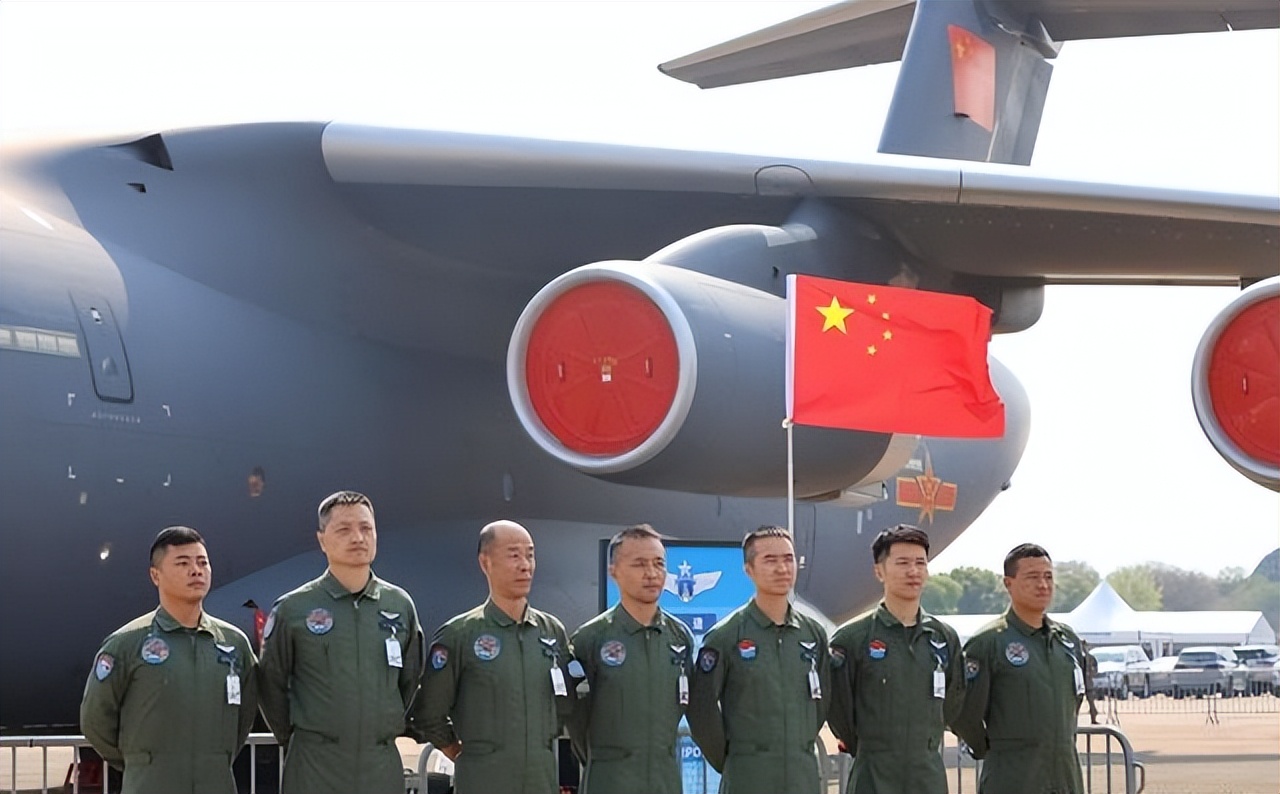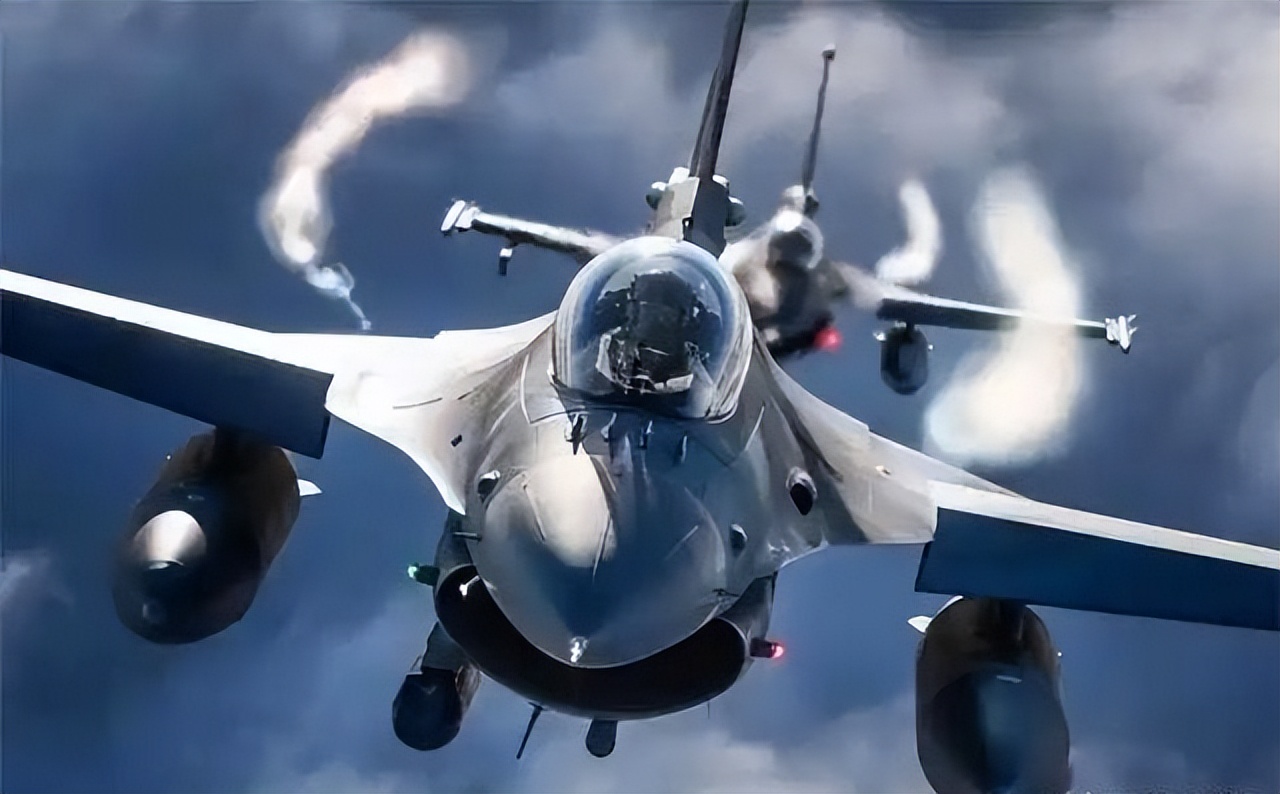
The former overlord's glory is no longer
Lockheed Martin, a company, was a well-known company in the global military industry in its early years, producing a bunch of top fighter jets and missile systems, and relied on these things to occupy a large part of US defense orders.
Since the 1990s, it has been related to Taiwan. The US government approved the sale of 150 F-16 fighter jets to Taiwan, with a total price of US$6 billion. This batch of goods is still the main force of the Taiwan Air Force. Although it is a bit old and has many faults, it helped the company make a lot of money at that time.
Then in the 2000s, the business grew bigger and bigger. In 2008, 12 P-3C anti-submarine aircraft were sold, each of which was $250 million, plus the Patriot missile system. In 2010, another 444 Patriot missiles were added, and a contract of $3.1 billion was added. By 2020, a US$1.8 billion upgrade contract was signed to replace Taiwan's F-16 with new electronic equipment and weapons. Over the years, more than US$20 billion of arms have been sold, accounting for about 40% of Taiwan's military purchases.

The company made a lot of money with stealth fighter jets like the F-35, each with $80 million. 80% of the new aircraft of the US Air Force are of this model, the Patriot missile interception rate exceeds 90%, each with $1 billion. The C-130 transport aircraft is also affordable and durable, with $120 million per aircraft. These products made it arouse the international market, with revenues once as high as US$65.4 billion.
But who would have thought that such behavior of interfering in China's internal affairs would sooner or later have to pay the price. China has warned many times, but the company just refuses to listen and continues to cross the red line. The sanctions began in 2020, when the Ministry of Foreign Affairs named Lockheed Martin, saying that it violated the one-China principle and seriously undermined China's sovereignty. To put it bluntly, this company relied on the US backend and thought it could continue to do this, but the situation has completely changed now.

Supply chain problems emerge, rare earth materials are supplied by China and 90% of the refining technology. Each F-35 needs to use 417 kilograms of rare earth. Once export controls are tightened, the cost will rise by 5% to 8%. The company had to find alternatives from Australia and Vietnam, but the quality could not keep up and the performance was discounted.
The factory has a backlog of 450 aircraft, and only half of the delivery was delivered. The US Department of Defense refused to accept dozens of aircraft in 2023, saying that parts were short of parts and quality declined. The net profit margin fell from 10% in 2020 to 4.7% in 2023, and the stock price fell by more than 25% this year. In recent years, it has subsidiaries in China to produce civil aviation materials, but its revenue plummeted 78% in 2023 and its business basically returned to zero.

Sanctions storm swept over
China's sanctions on Lockheed Martin were not on a whim. It kicked off when the Ministry of Foreign Affairs announced measures to target arms sales in Taiwan on July 14, 2020. At that time, the company's senior executives probably felt that it was okay and continued to promote their business. But in February 2022, sanctions escalated, and procurement channels began to have problems in response to more transactions.
On February 16, 2023, the Ministry of Commerce officially included in the list of unreliable entities. As soon as the announcement was released, the media flocked to report. The measures are very practical: ban transactions with Chinese companies, freeze domestic assets, ban executives from entering China, and have to pay a fine equivalent to twice the amount of arms sales in Taiwan. The subsidiary laboratories were closed, investment projects were shut down, and local businesses were paralyzed.
Rarity earth interruption is the most serious. After China strengthened export controls, the company turned to other countries, but the cost soared and the purity was not enough. The F-35 production line was severely delayed, and the 2023 Ministry of Defense report pointed out that the technology was immature and refused to accept products. Orders pile up and delivery dragged on, the Pentagon added $7 billion, but the aircraft dispatch rate was low and there were many potential accidents.

On June 21, 2024, another round of sanctions targeting subsidiaries and executives, assets were frozen and banned from entering the country. On January 2, 2025, the latest wave, the Ministry of Commerce of China included 28 American companies on the export control list, including Lockheed Martin's subsidiaries, Thor, Boeing, etc., and 10 were on the list of unreliable entities.
The reason is clear: participating in arms sales to Taiwan will harm China's national security and interests. Senior management personnel are not allowed to enter the country, investment in Xinhua University is prohibited, and import and export activities are suspended. These companies were so arrogant in the past, but now the supply chain is broken and the shortage of rare earths has increased the cost of parts and the net profit has dropped by 30%. In the second quarter of 2025, sales were US$1.82 billion, net profit was US$342 million, and losses were also recorded US$1.6 billion, of which US$950 million came from the aviation sector.
The stock price fluctuates greatly, and investors' confidence is shaken. The company is trying to diversify, but the materials in Vietnam and Australia are not suitable for use and the performance does not meet the standards. Allies responded to the chain, Japan and South Korea were worried about offending China and suspended R&D projects. European companies are grabbing the market, and Airbus and China are accelerating cooperation. Sanctions are implemented through the Anti-Foreign Sanctions Law, accurately hitting the life gate. Lockheed Martin's dilemma is not a sudden outbreak, but accumulating, supply chain supply cuts, rising costs, and loss of reputation, forming a death spiral.

The road to decline is unsustainable
Lockheed Martin's troubles are far from over, and the sanctions chain reaction is becoming more and more obvious. After 2023, Japan's F-X project will be turned to British suppliers, and South Korea will reduce joint research and development. Australia canceled its satellite communications contract in 2024, turning to Europe due to delays in delivery and quality concerns. European Airbus strengthens cooperation with China to seize share. The company's market is compressed and orders are lost.
The vicious cycle of the supply chain, and the interruption of rare earths delayed the F-35, and the delivery in 2025 was not as expected. The U.S. Department of Defense reported technical defects and refused to accept aircraft. The company purchases ore from Vietnam, but quality problems continue. In January 2025, it was included in the export control list and further restricted the acquisition of materials.
Global revenue was US$71 billion in 2024, but losses were outstanding in the second quarter of 2025. Stock prices fell and trading was active. Allies such as South Korea continue to use the F-35, but the overall trend is diversified. Australia purchased European satellite systems to replace the original ones. The company cannot leave China's rare earths, and production delays customers and turns to competitors.

Defense contracts increase, but quality burdens aircraft stocks. Hangars pile up, waiting for repair. These events show that supply chains are fragile and that the consequences are facing damage to China's core interests. Global rules are reshaped and companies enter a slow recession. Think about it, the three core technologies in the past are very good: the F-35 is excellent in stealth, the Patriot interception is efficient, and the C-130 is durable and affordable.
The upgrade is now delayed and cannot meet the needs. China’s precise sanctions warn the world, respecting cooperation is the way out, and confrontation will only seek hardships. The company's arms sales to Taiwan ranged from 150 F-16s in 1992 to upgrade the contract in 2020. I thought it was a safe profit, but the sanctions were increased layer by layer. The contract in 2025 has not been implemented and the business has been blocked. The revenue of the subsidiary plummeted and civil business returned to zero.

Executives cannot trade, video conferencing replaces negotiation. Factory output has decreased and worker shifts have decreased. Reputation collapsed and international status declined. Allies hesitate, Europe squeezes. This is not only an economic issue, but also a strategic mistake. China has strong countermeasures and is determined to safeguard its sovereignty.
The case of Lockheed Martin, typical technological hegemony backfire. In the era of globalization, no one can survive alone. To harm China's interests, we must make long-term efforts. The Taiwan issue is a red line, and those who touch it will suffer the consequences. The company is now struggling and its prospects are bleak, and this chronic death process continues. The world needs to learn something, and win-win cooperation is the king.














